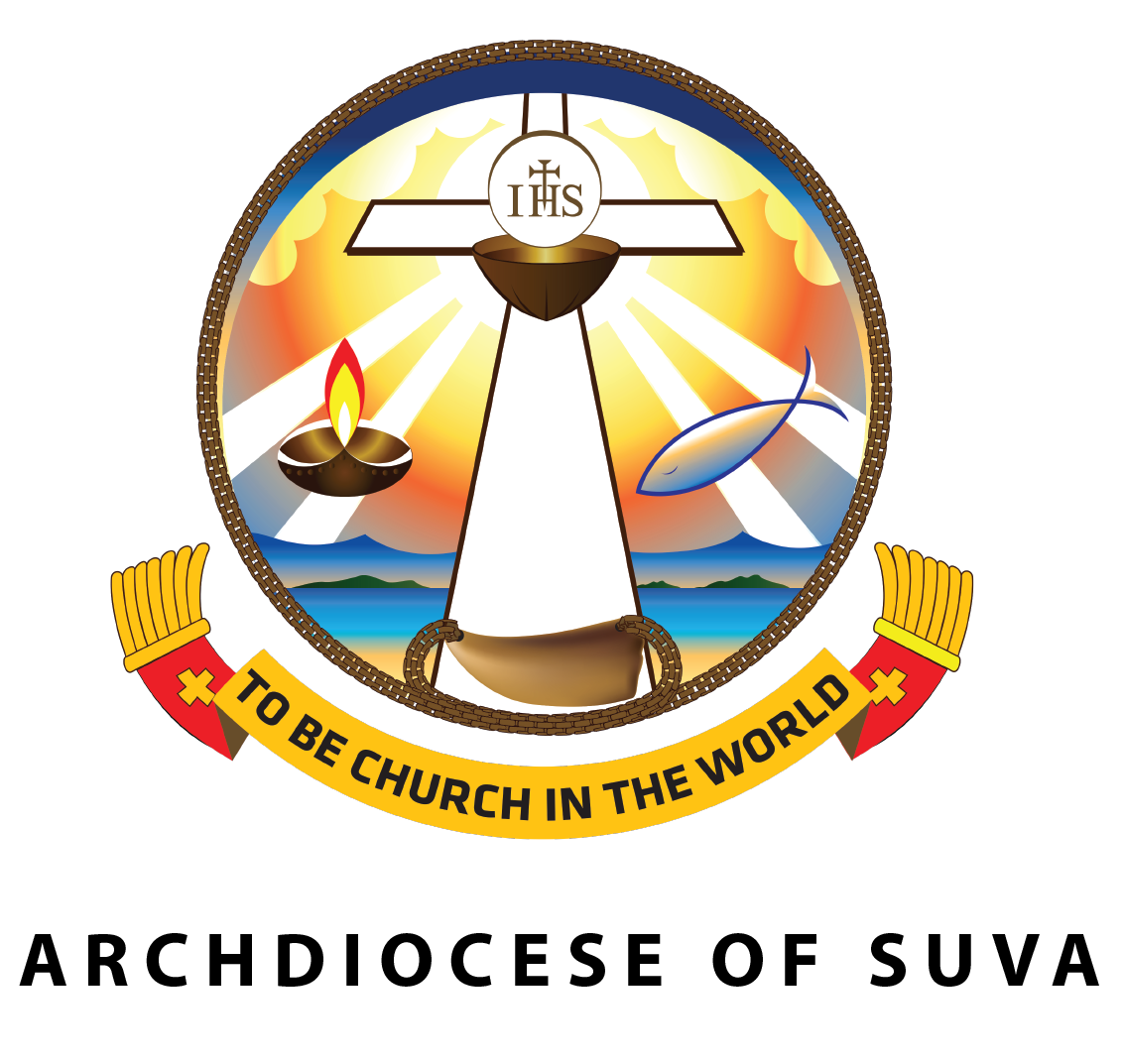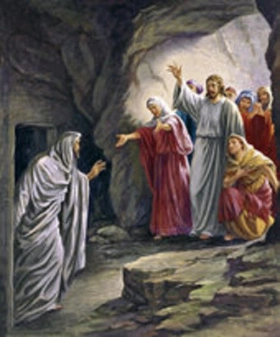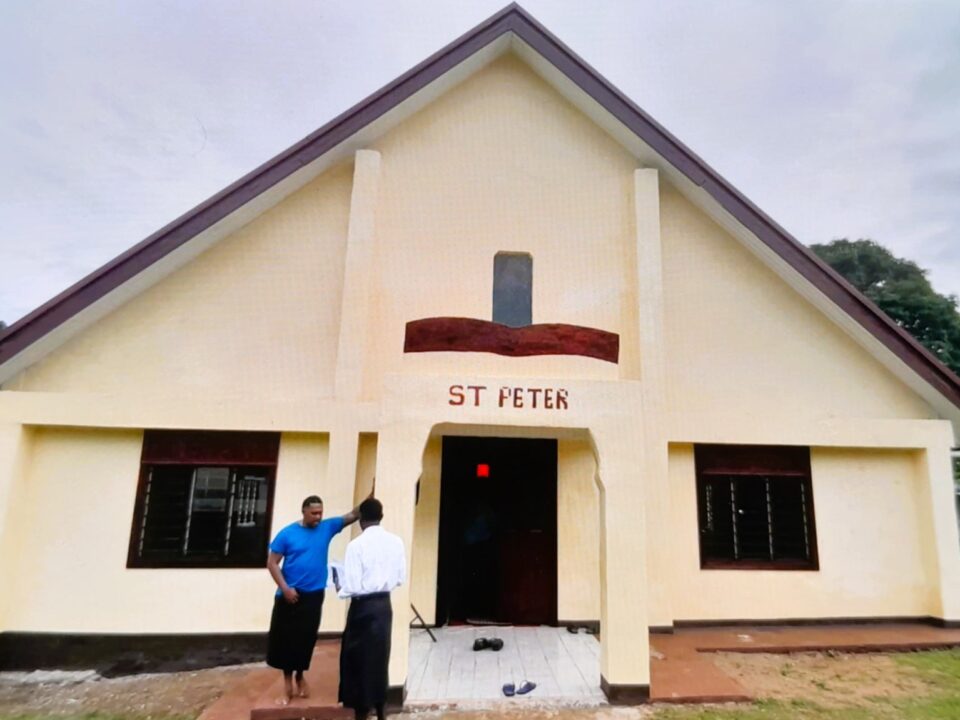Raising of Lazarus – St Joseph – COVID-19
By Archbishop Peter Chong
How can there be an all-loving and an all-powerful God if there is so much suffering and evil in our world?
Perhaps that is the most difficult religious question of all time. Why does God not act in the face of suffering? Why do bad things happen with seemingly no response from God? In a famous book, After Auschwitz, Richard Rubenstein asks how it is even possible for a Jew to believe in God after the holocaust. How can we believe in God in the face of God’s seeming inaction in the face of suffering and evil? For many women, girls, young children – victims of abuse: where is God? How can God allow this? Many theologians have tried to answer this question – Where is God is innocent suffering? If God is all powerful – why can’t he stop suffering? Lazarus is sick – got corona virus. His sisters Martha and Mary send the message to Jesus. Jesus does not come immediately as he does in other stories of healing. After two days than he goes to see Lazarus. By then Lazarus was already dead and buried. Martha says to him: “If you had been here, my brother would not have died!” Basically, her question is: “Where were you? Why didn’t you come and heal him?” Martha calls her sister Mary. When Mary arrives she repeats Martha’s words; “If you had been here my brother would not have died!” Mary is asking the universal, timeless question about suffering and God’s seeming absence. Her question (“Where were you when my brother died?”) asks that question for everyone: Where is God when innocent people suffer? Where was God during the holocaust? Where is God when anyone’s brother dies? But, curiously, Jesus does not engage the question in theory; instead he becomes distressed and asks: “Where have you put him?” And when they offer to show him, he begins to weep. His answer to suffering: He enters into peoples’ helplessness and pain. Afterwards, he raises Lazarus from the dead. Jesus does not answer her question but instead assures her that Lazarus will live in some deeper way. And what we see here will occur in the same way between Jesus and his Father. The Father does not save Jesus from death on the cross even when he is jeered and mocked there. Instead the Father allows him to die on the cross and then raises him up afterwards. The lesson in both these deaths and raisings might be put this way: The God we believe in doesn’t necessarily intervene and rescue us from suffering and death (although we are invited to pray for that). Instead he redeems our suffering afterwards.
Covid-19, Economic Crisis, suffering and death
But sometimes the only answer to the question of suffering and evil is the one Jesus gave to Mary and Martha – shared helplessness, shared distress, and shared tears, with no attempt to try to explain God’s seeming absence, but rather a trusting that, because God is all-loving and all-powerful, in the end all will be well and our pain will someday be redeemed in God’s embrace.
SHARE A MEAL
During Lent, Education Week, and Sunday – we are invited, given an opportunity to enter into the suffering of others; to share in their helplessness, to share in their hunger, to share in their tears. SVDP provides 800 lunches to 800 students in ten schools in Nadi, three times a week.
Our Education Week theme: SHARE A MEAL
YEAR OF ST JOSEPH
To have the Heart of the Father during this covid-19 era.
Pope Francis describes Saint Joseph as a beloved father, a tender and loving father, an obedient father, an accepting father; a father who is creatively courageous, a working father, a father in the shadows.
St Joseph Pray for us



